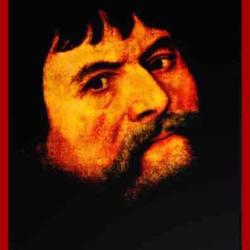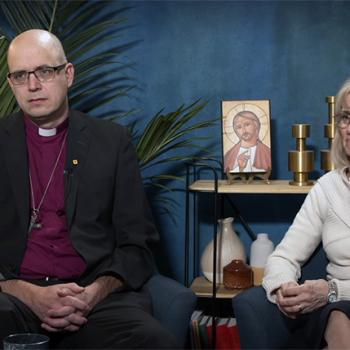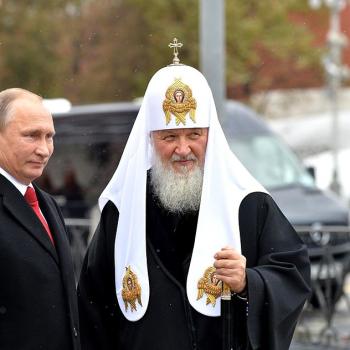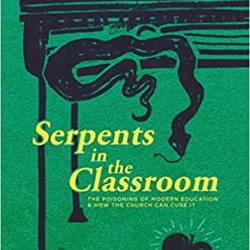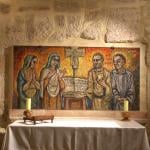A new study of American religion has found that 54% of respondents believe in God as described in the Bible. This is true of only 31% of young adults, with the percentage going up with age. But what do people mean by that? And what about the other gods that nearly half of Americans believe in?





